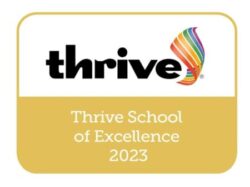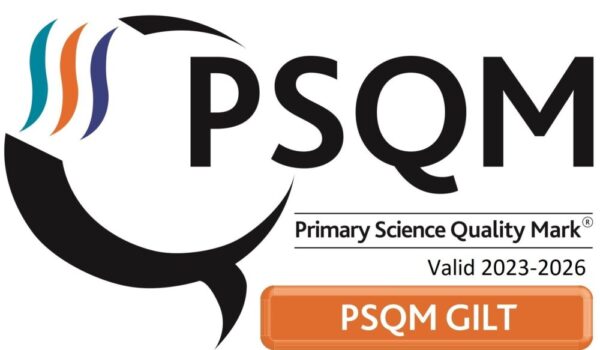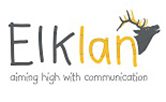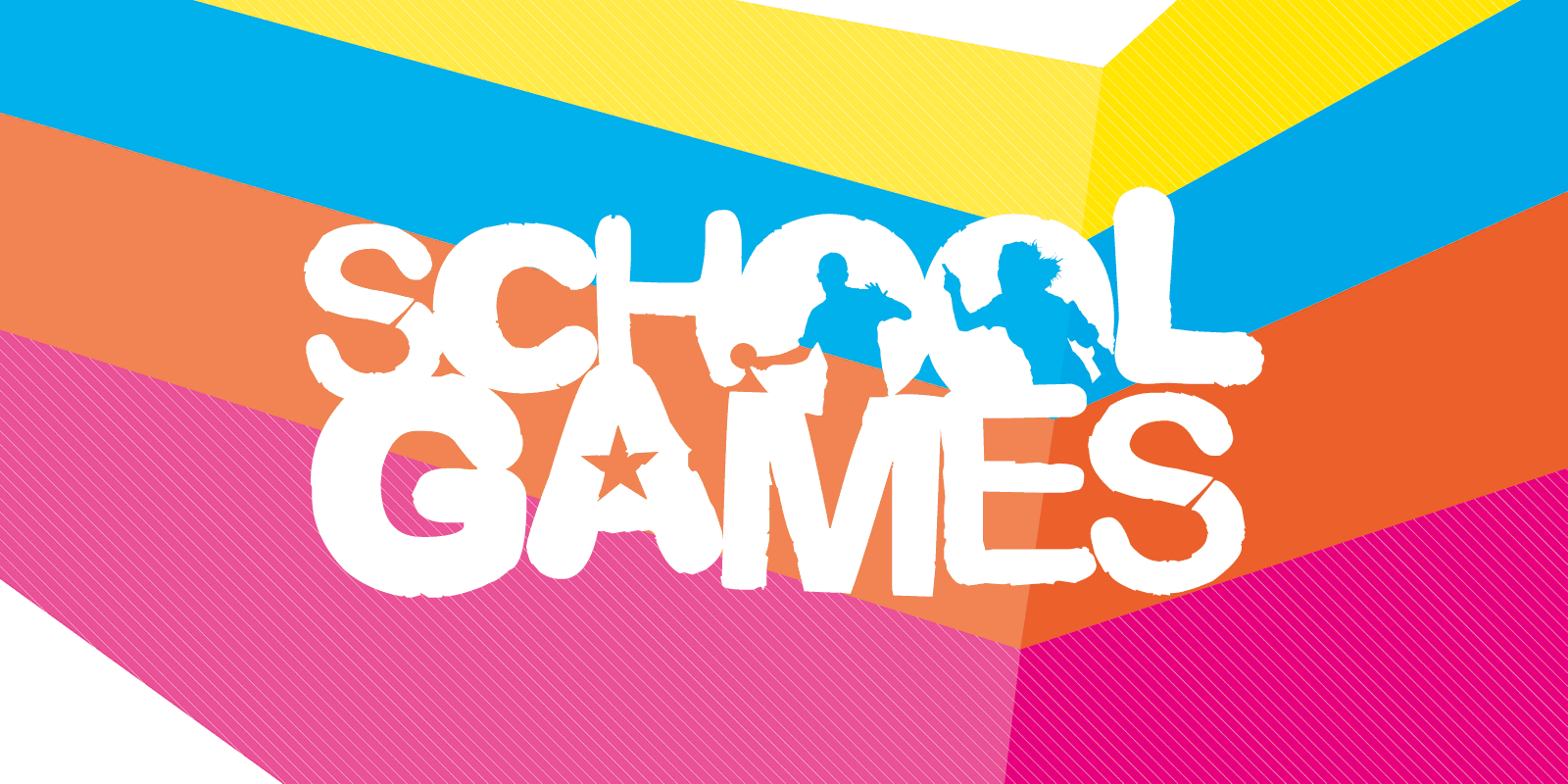Thrive Approach & Behaviour







We understand that some behaviour is our own choice, however, there are times when we become unregulated and may need futher support in order to regulate ourselves.
At Hunters Hall, our staff teach us strategies in order to do this so that we can strive to do the right thing and make appropriate decisions. We recognise that behaviour is a form of communication and that there is a reason behind every behaviour. At Hunters Hall we have a way of recognising outstanding behaviour – this is called “Stay on Green!”
|
|
Behaviour Policy
|
If we meet expectations every day we will Stay on Green!
If we exceed expectations we will achieve Bronze sticker, Silver certificate or even a Gold Award debit card!!!
Unfortunately, if we make the choice not to do the right thing, there are consequences to our actions and our name may move to Blue, Yellow or Red.
If we are put on Yellow or Red there are serious consequences. If we are put on Yellow we must complete a self-evaluation sheet, which gives us the opportunity to think about what we should do in the future, to make sure we do not do it again. Being placed on Red will result in a letter being sent to parents or carers, a lunchtime detention and missing green time that week. If we move to Blue or Yellow it could result in missing part of our Green Time.
THRIVE is a dynamic, developmental approach to working with children that supports their emotional and social wellbeing. It is based on the latest research in neuroscience, attachment theory and child development, drawing on research into the role of creativity and play in developing emotional resilience. The programme was created by a multi-agency team, with experience of being teachers, advisers, Ofsted inspectors, social workers, family therapists, foster and adoption specialists across education and care settings. They have drawn together their experience with theories and research to create this rich resource. THRIVE draws on an understanding of six ‘building blocks’ of development and growth that comes online sequentially and remains throughout life.

Knowledge of the social and emotional learning that takes place at each stage supports our school in planning ‘right time’ experiences, activities and opportunities to underpin each one. It is embedded in our understanding that learning happens across the whole day, especially in session times where less structured interactions enable pupils to apply skills that are vital for healthy development and expand their social and emotional learning. Learning about power, our own identity, holding a viewpoint, understanding others, grasping cause and effect, learning to be skilful in relationships, each one requires experiencing, modelling and teaching from adults and peers, descriptive feedback and opportunities for reflection. Addressing emotional developmental needs early builds resilience, decreases the risk of mental illness, prepares children for school and equips them to be ready and willing to learn. Life events can introduce episodes which become interruptions to children’s development.
As well as structured ‘right time’ learning through the developmental stages THRIVE addresses interruptions that children might be experiencing. Children come to school to learn, but some are not ready or able to do so. They may move appropriately through each stage and then encounter a life experience that creates a setback, as happens to us all at times. At these times pupils may exhibit behaviours that are challenging and disruptive, restless or withdrawn. Current brain science shows, for many of these children, their stress management, emotional regulation and seeking /exploring systems are not yet sufficiently developed for them to access learning, or are set back to our earliest levels of need through trauma.
THRIVE provides a systematic approach to the early identification of emotional developmental need so that differentiated provision to address those needs can be put in place quickly by those close to the child. As the children’s emotional and social development needs are met, they re-engage with life and learning. The practice of THRIVE is underpinned by THRIVE Online, an assessment and extensive activity planning resource. THRIVE Online ensures a systematic approach with measurable outcomes. Individual THRIVE Action Plans are created if any child is identified as experiencing a need, which might be raised by parents and carers or by school, we will work together to explore what might be happening and how to respond.
Our school council worked together designing a “Positive Behaviour for Learning” poster which outlines attributes that create a positive learning behaviour culture. This has been amalgamated with our “Stay on Green” behaviour system. When a child receives a silver or gold behaviour certificate, it should now state which positive behaviour trait they have demonstrated. These awards will continue to be presented in our celebration assemblies.

Team Points
Working together is important in life. Through collaboration, we can achieve more than on our own.
Every child and member of staff has been assigned to one of five houses. Houses can earn points for displaying the six over-arching positive behaviour for learning: Collaborative, Motivation, Prepared, Resilience, Creativity, and Curiosity.

































